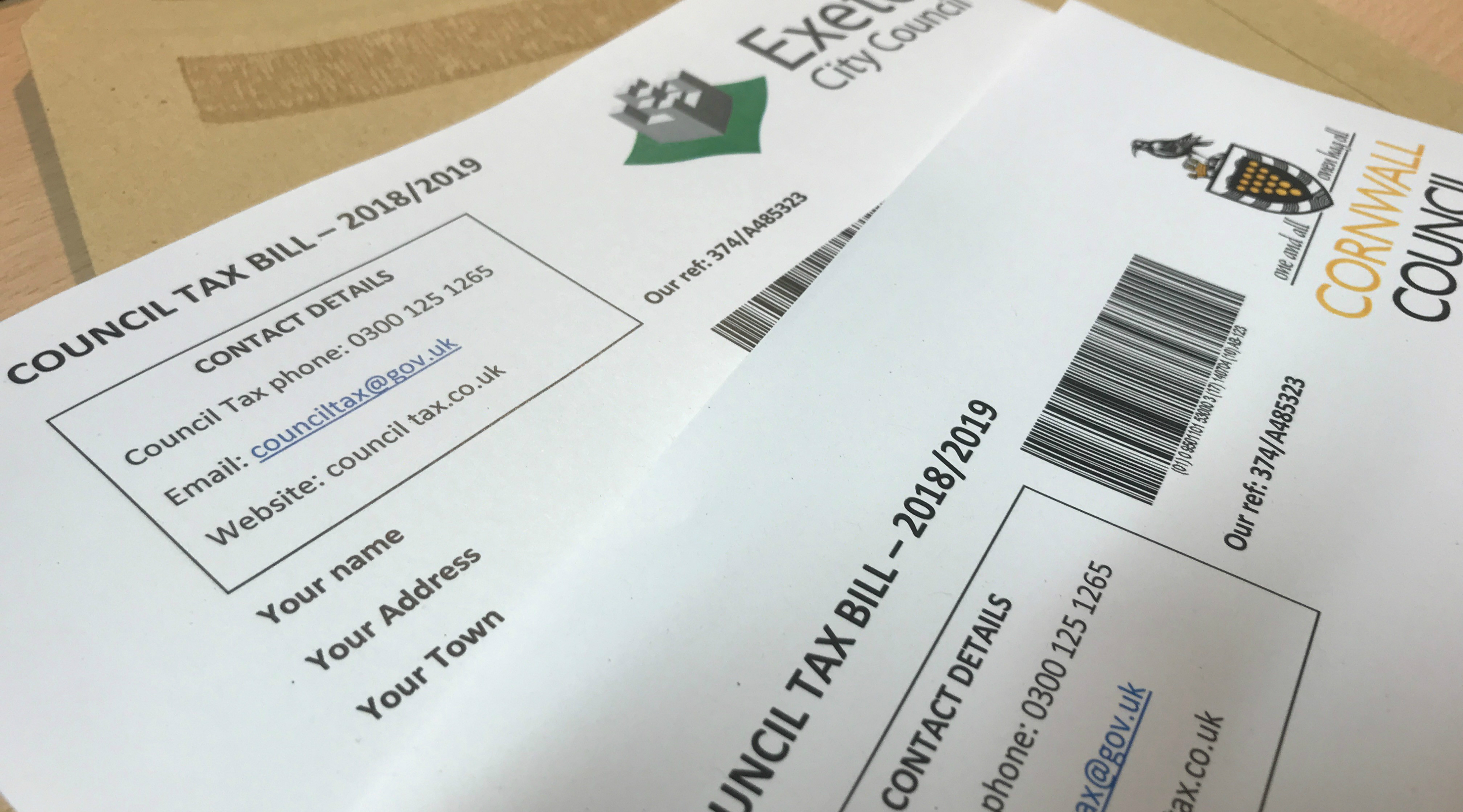
UKCISA have some further useful advice on council tax, including how to read a council tax bill.
Council Tax
Council Tax is set by local authorities in England, Scotland and Wales to pay for local services that they provide, such as rubbish collection, the police and the fire brigade. It is based on the value of the accommodation you live in.
Student exemption
You will be exempt from paying Council Tax if you meet the Council Tax definition of ‘student’. You must be studying and enrolled at an institution in the UK, or in another country of the European Union, on a course which:
(a) lasts at least one academic year, and
(b) requires you to undertake the course for at least 24 weeks a year; and
(c) involves at least 21 hours study, classes or work experience a week during term.
9-month Masters students are exempt from paying council tax since they study full-time and are on a programme for at least 21 hours a week for 24 weeks a year.
Postgraduate Research students who are studying full time or part time (0.6 fte and above) are also exempt. However, once you finish your examination you are no longer exempt and will be charged council tax.
You should not be charged during any vacation periods that fall between terms or semesters whilst your course is ongoing.
Accommodation provided by the university or college that is occupied only or mainly by students (for example, a hall of residence) are exempt.
Exeter City Council and Cornwall Council have confirmed students studying one semester are also exempt if they are registered as a full-time student at their home university.
Students on interruption are still eligible for council tax exemption as long as they are studying full-time before and after their return. The same is true for students who are resitting with (RSA) or without attendance (RWA) for the year.
If you move into your accommodation before your course starts, you may be liable to pay council tax for the period of time before your course start date. Similarly, you will stop being regarded as a full time student when your course ends, and may therefore be charged Council Tax for any period after you have finished one course and are waiting to start another.
Proving you are a student
The University automatically notifies Exeter City Council and Cornwall Council of all students eligible for Council Tax Exemption.
Each local authority will decide what evidence of student status it needs. If you receive a council tax bill, please speak to your local council to find out exactly what you are required to show. You can print a Council Tax exemption certificate directly from SRS in MyExeter to prove you are a student. Alternatively, the SID desk (Exeter) or Penryn Info Point (Cornwall) can print an exemption certificate for you.
Postgraduate Research students who are in the examination process, can request a letter from the PGR Administration Office.
Living with non-students (including Student visa dependants)
If you live with adults who are not students, there will be a bill for the dwelling. You cannot be held jointly liable to pay the bill, for example, if you are a joint tenant with the non-student(s). However you may still be liable for a bill if you are the only liable person, or if all the jointly liable people are students.
If the only non-student adult in your dwelling is your spouse (husband or wife), civil partner or an adult dependant, the dwelling may still be exempt. The dwelling should still be exempt if your spouse, civil partner or dependant is not a British citizen, and has been given immigration permission to be in the UK with a ‘no recourse to public funds’ condition or a prohibition on employment endorsed in their passport or on their visa conditions. This covers almost all spouses, civil partners and dependants from outside the European Economic Area (EEA) or Switzerland who come to join an international student in the UK.
The dwelling will not be exempt if your non-student spouse, civil partner or adult dependant living with you in the dwelling are:
- A British citizen
- Settled in the UK (with 'indefinite leave to enter' or 'indefinite leave to remain')
Further information can be found on the University's Administration page or on UKCISA.

